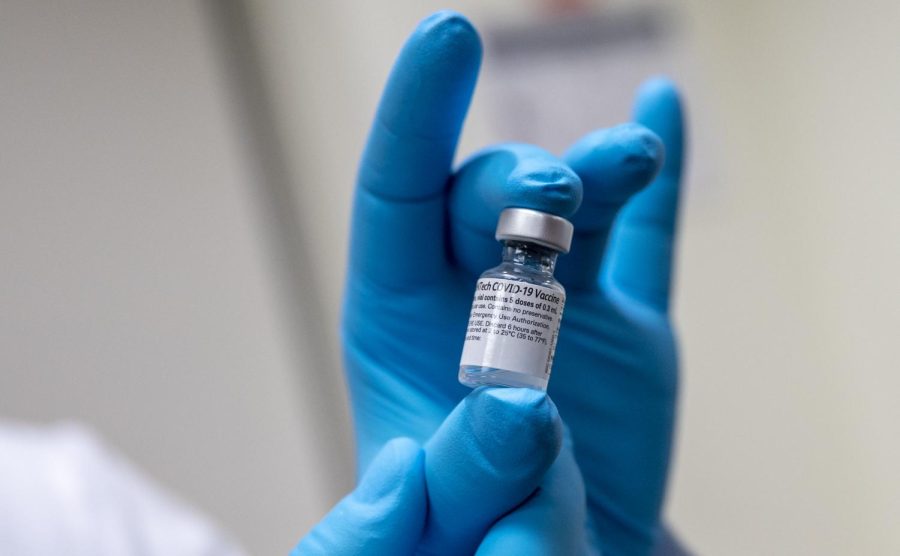Bill on Preteen Vaccinations
February 8, 2022
Vaccinations have been shown to be integral in the defense against Covid-19. With these now being open to children five years and older, it may seem like a brighter future is in store. Much of the population, however, chooses not to vaccinate themselves, and not allow their children to get vaccinated, either. States are taking a stand against this and allowing minors to take charge of their own medical treatment, by proposing bills that allow minors, in either preteen or teen ranges, to get vaccinated without parental consent.
Currently, minors in most of California must have parental consent in order to get vaccinated. There are exceptions to this, of course— in San Francisco, anyone 11 or older can consent to the vaccine on their own. Democratic Senator Scott Wiener recently proposed a bill that was approved by the U.S. Food and Drug Administration and Centers for Disease Control, which would not only allow minors 12 years or older to consent to Covid-19 vaccinations, but also for them to receive vaccinations for the measles, etc. without parental permission. This bill, however, is not a mandate, but would still make great strides in the battle for widespread vaccination.
Set to come into action much later in the year, Governor Gavin Newson announced a vaccination mandate for school-going children. He was the first governor in the U.S. to do so, citing vaccines as the reason why California “leads the country in preventing school closures and has the lowest case rates.” He compared it to the vaccinations that the state mandates for measles, mumps, and rubella, calling the Covid-19 vaccine instrumental in the endeavor of “protecting our children and school staff.” The mandate, however, does not hold hard and fast: it allows exemptions based on “personal belief,” meant to allow religious freedom, while softening the mandate’s purpose.
Much of the opposition to both the bill and the mandate comes from the idea that parents should be involved in their children’s medical decisions. Others, like Senator Wiener himself, claim that teens should be given the autonomy to take charge of their physical and mental health. The vaccine would be an implementation of this autonomy.
The future of this bill does not seem very clear, as the previously mentioned idea of shutting parents out of involvement in their children’s lives makes this bill unfavorable to many Democrats in addition to those that are more conservative. As shown by the rally held last September against vaccine mandates of any sort, the people also show opposition to this bill, while there is great support for it on the other side of the spectrum. It is left to the future to determine whether this bill ends up making a difference in the lives of countless teens and preteens in our state who are denied access to the vaccine.
Though children ages 5 and up are now eligible to receive the vaccine, 900,000 minors in California between the age 12 and 17 are still unvaccinated. It is of no doubt that a huge factor in this gap is the parental consent that has been mandatory. Though this bill has a rocky future ahead of it, it would cause great changes if passed.
Photo courtesy of COMMONS.WIKIMEDIA.ORG

